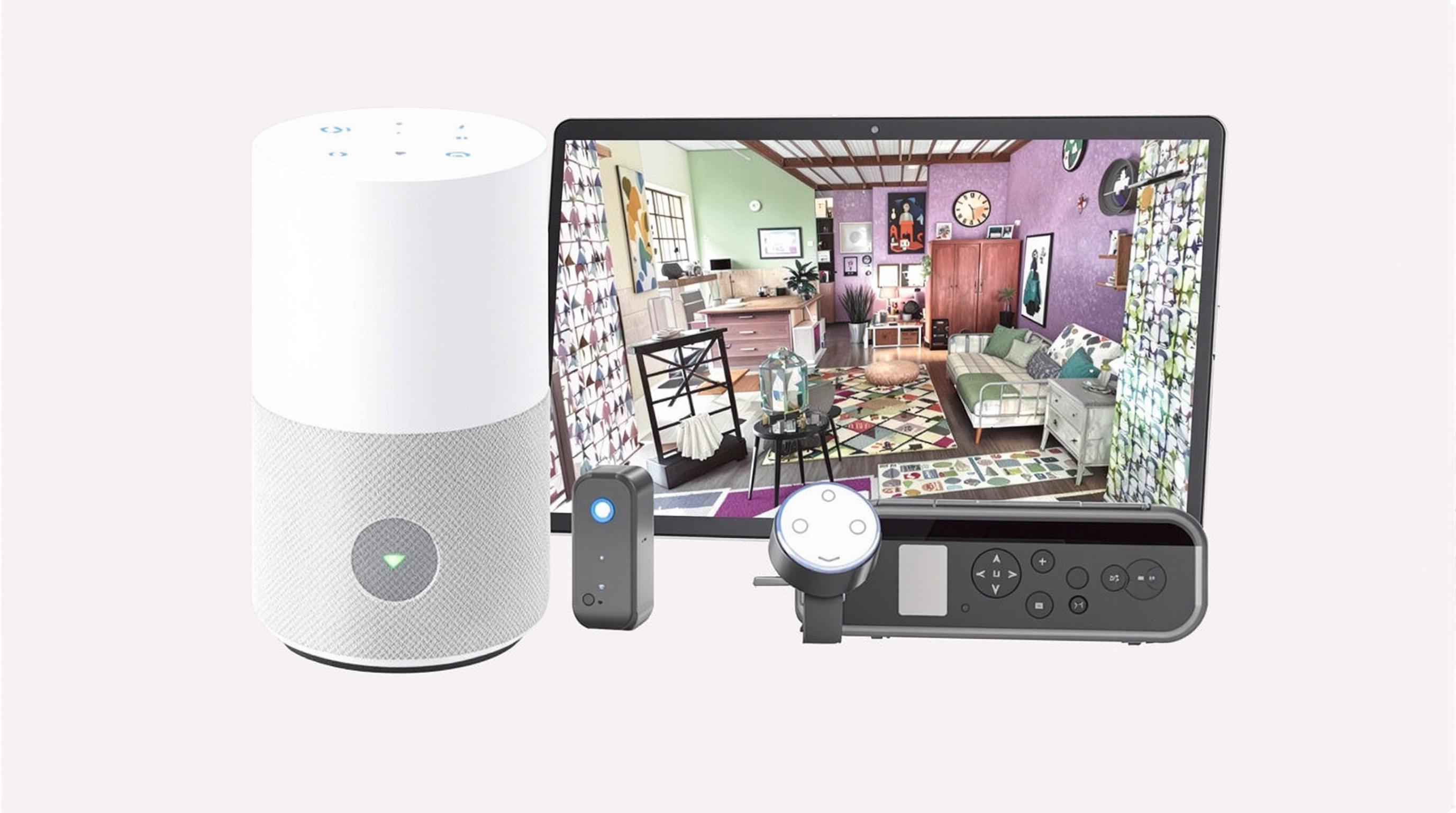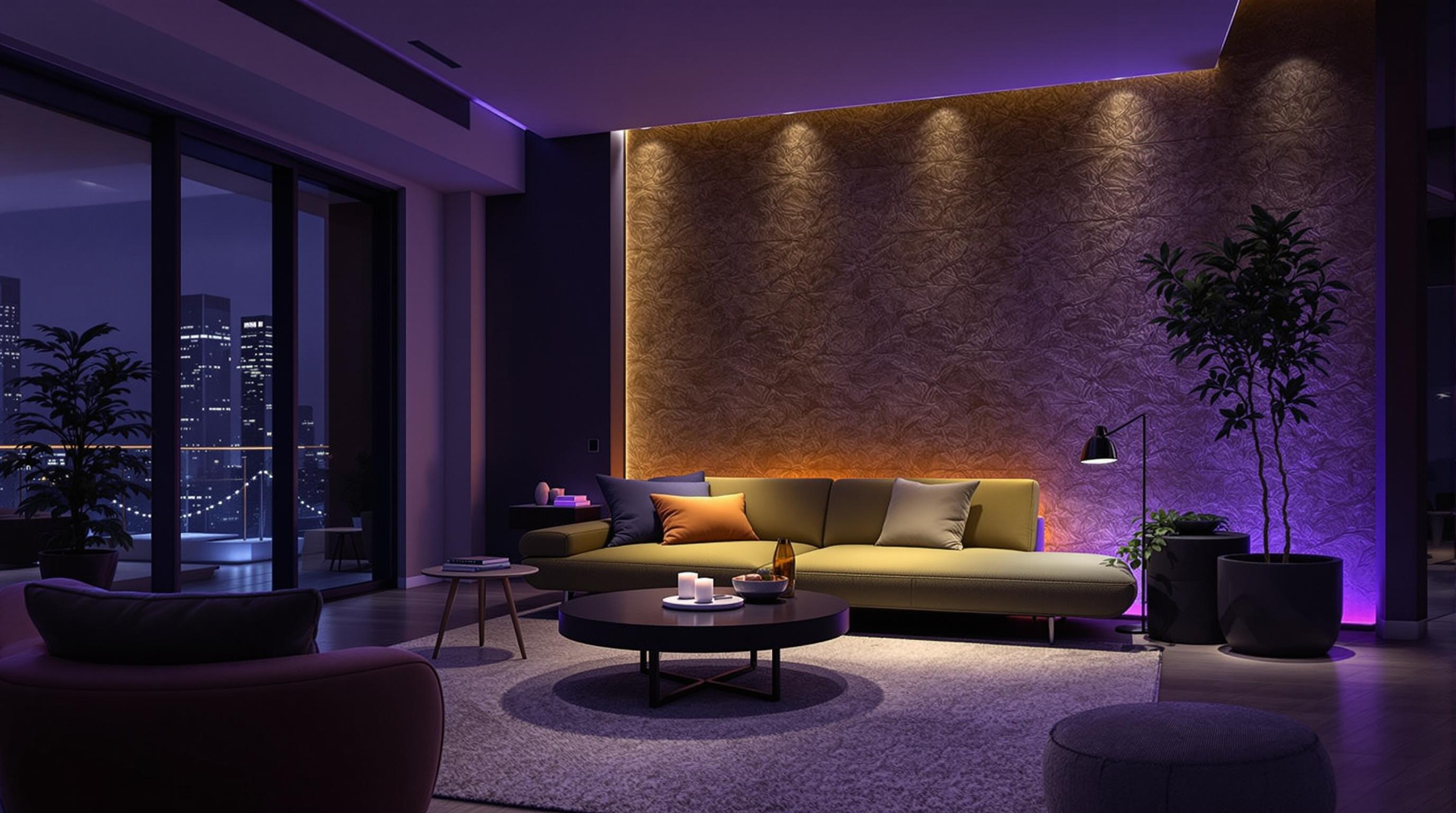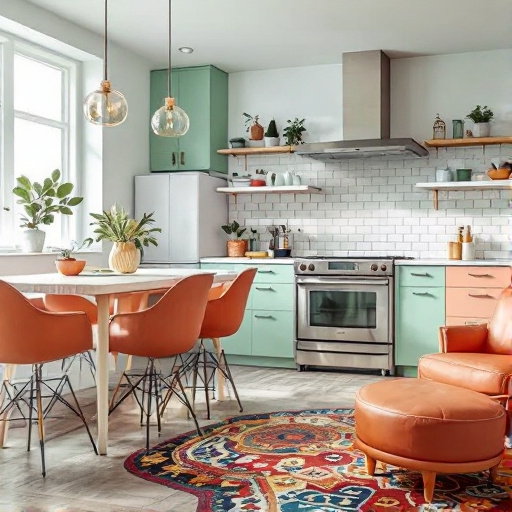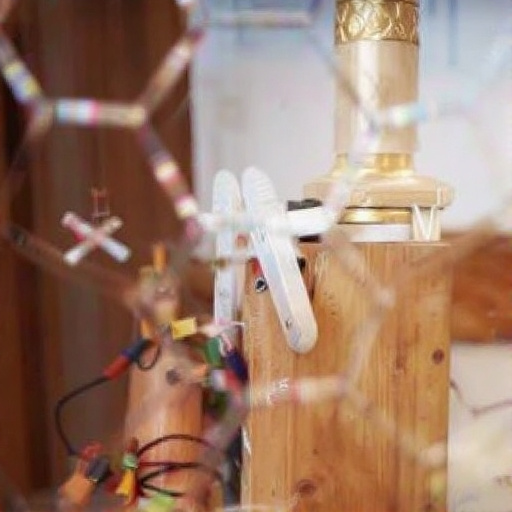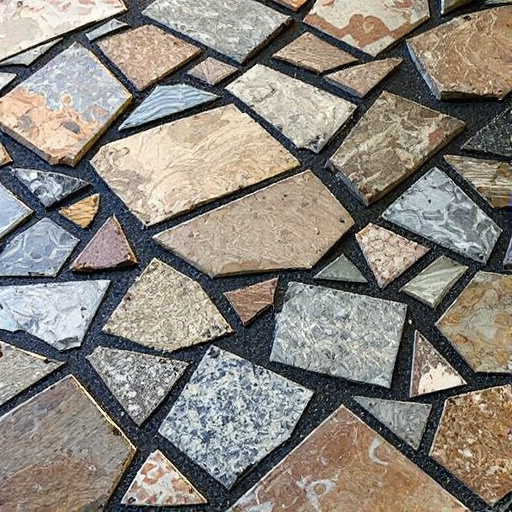Featured Articles
- Could Your Home's Feng Shui Be Affecting Your Renovation Success? Unlock the Hidden Energy Forces!
- "Eco-Remodeling: Unusual Materials Transforming Home Renovation in Sustainable Ways"
- Revamping the Past: How Retro Home Improvement Trends are Making a Comeback in Modern Design
- "Reviving Retro: How Vintage Home Products Are Making a Bold Comeback in Modern Makeovers"
- The Rise of Biophilic Design: Transforming Homes into Natural Retreats for Mental Wellness
"Reviving Retro: How Vintage Home Products Are Making a Bold Comeback in Modern Makeovers"
"Reviving Retro: How Vintage Home Products Are Making a Bold Comeback in Modern Makeovers"
Reviving vintage home products is not just a fleeting trend; it's a nostalgic movement that blends the charm of yesteryears with the practicality of modern living. This article delves into how vintage decor items are experiencing a resurgence in contemporary home design, appealing to a wide array of tastes and lifestyles.
The Allure of Nostalgia
Ever find yourself admiring your grandparents' old furniture or that retro record player your uncle won at a county fair? Nostalgia was identified as a driving force behind consumer behavior by a study published in the journal "Psychological Science." The study emphasized how memories and feelings associated with the past can induce emotional satisfaction, encouraging people to seek vintage items as a way to reconnect with those cherished memories (Batcho, 2013).
Understanding the Market Shift
In recent years, vintage home decor has become increasingly mainstream, with experts predicting that the vintage market could reach up to $110 billion by 2024. This explosive growth stems from a convergence of several cultural factors: sustainability concerns, a desire for individuality, and a move away from fast fashion's disposable mindset.
The Rise of Sustainability
As environmental awareness rises, many millennials and Gen Zers are searching for ways to make more ethical consumer choices. Vintage and upcycled products not only reduce waste but offer a unique character that mass-produced items cannot. According to a survey conducted by McKinsey, 67% of consumers consider a brand’s sustainable practices before making a purchase. By investing in vintage products, individuals can make a statement about sustainability while enhancing their home aesthetics—talk about a win-win!
Case Study: The Transformation of a Living Space
Meet Sarah, a 28-year-old marketing professional who wanted to revamp her drab 600-square-foot apartment. Rather than succumbing to the shiny new furniture at the local big-box store, she scoured vintage shops, flea markets, and online platforms like Etsy and eBay. Her eclectic collection now showcases a 1970s macramé wall hanging, a sunburst clock from the ‘60s, and a mid-century coffee table, creating a space that tells a vibrant story of her personality.
Tips for Incorporating Vintage Items into Modern Spaces
Wondering how you can channel Sarah's creativity? Here are some simple yet effective tips to breathe life into your home with vintage flair:
- Mix and Match: Pair vintage pieces with modern decor to create an engaging juxtaposition. An ornate Victorian lamp can complement a minimalist sofa beautifully.
- Color Coordination: Keep a cohesive color palette while incorporating different styles. This allows the vintage items to shine without overwhelming the space.
- Functional Upcycling: Transform vintage suitcases into storage solutions or old wooden crates into coffee tables for a functional yet stylish centerpiece.
A Show of Style: Fashion Influences Home Décor
Just like fashion, home decor is cyclical, with periods of resurgence for various styles. Bell-bottom jeans might rotate in and out of style, but the same can be said for the retro home products that echo those eras—think of the Earthy tones of the ‘70s or the pastel shades of ‘50s diner culture. According to a report by Pinterest, searches for “retro home decor” surged by 130% in early 2023, showcasing a keen interest in channeling past aesthetics into modern contexts.
Humor: The Quirks of Vintage Shopping
Let’s admit it: vintage shopping can feel like a treasure hunt—but with its own set of quirky challenges. Remember the last time you excitedly pulled a charming, lace-up chair from a dusty corner, only to discover it was "decoratively" coated in ancient cat hair? At times, vintage shopping feels like participating in a reality show titled "American Pickers: Encounter the Hazards!" However, these small hiccups make the experience memorable and often lead to unexpected finds.
Millennials and Generation Z: The New Collectors
Young adults today are increasingly attracted to retro items, often seeking to differentiate their living spaces from their parents’ more uniform styles. A survey indicated that 45% of millennials stated that vintage items make them feel 'unique' compared to typical mass market pieces (Statista, 2023). Interestingly, this generation views vintage shopping as a hunt for story-rich pieces, not just material goods.
Conclusion: The Future Is Vintage
As we look ahead, it’s clear that vintage home products are set to play a crucial role in the future of interior design. By embracing these timeless trends while integrating modern aesthetics, we can create living spaces that are not only visually appealing but deeply personal. So go ahead, dig through those thrift stores, scour online marketplaces, and don’t shy away from incorporating a touch of the past; after all, the beauty of your home is found in its stories.
The Final Word: Emotional Connection
In the end, investing in vintage home decor isn’t merely about aesthetics; it's about the emotional connection to the items and the stories they carry. Each piece adds character to your home and invites conversation, making your space an inviting haven that resonates with everyone who steps through the door. And who knows? Maybe that glitzy art deco lamp you found at an estate sale will spark delightful stories, turning your home into a nostalgic gallery dripping with unique charm.
